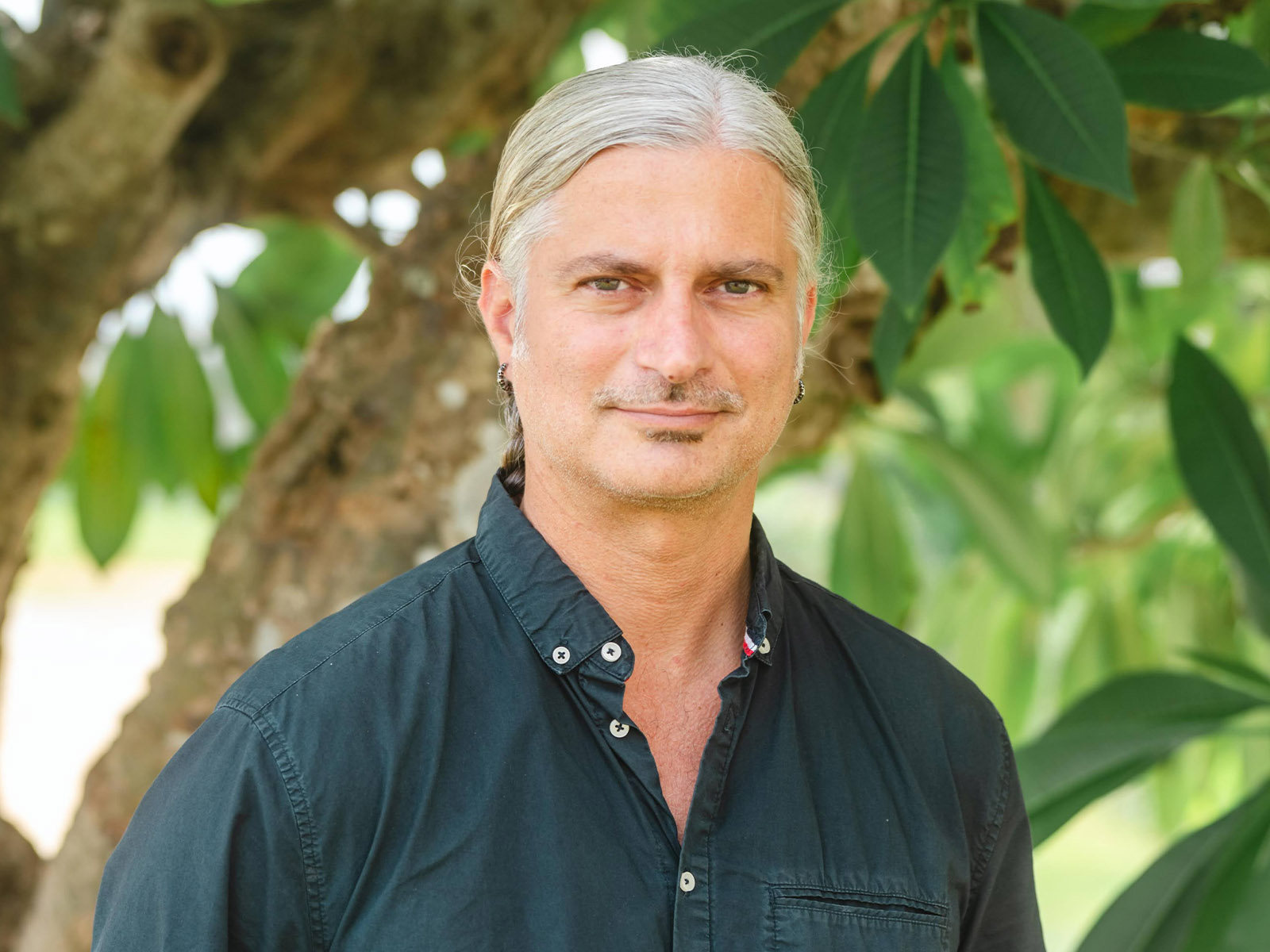Northern Marianas College (NMC) Associate Professor William Fife recently participated in a webinar panel hosted by the American Bar Association (ABA) Section of Civil Rights and Social Justice, and discussed new perspectives and solutions to the unique challenges faced by Americans in U.S. territories, including the Commonwealth of the Northern Mariana Islands (CNMI). The webinar’s title was, “125 Years of Empire: Examining the Separate and Unequal Status of U.S. Territories.”
Fife's portion of the panel discussion considered legal solutions to American second-class citizenship and systemic racism stemming from the Insular Cases. His recent Indigenous rights-based publications written with his co-author NMC Professor Beylul Solomon, were the basis for his participation in the ABA webinar to represent a voice from the CNMI, as he spoke from his own personal capacity and not on behalf of NMC or the CNMI government.
"Implementation of the United Nations Declaration on the Rights of Indigenous Peoples (U.N. "DRIP") at local and federal levels provides legal Indigenous land rights protections that could unite the CNMI & American Samoa to 'denounce the Insular Cases', thereby enhancing territorial solidarity as a consensus signal for Congress and SCOTUS to take action," Fife said.
According to Fife, this "action" would include overturning the notoriously racist Insular Cases, and if UNDRIP-based legislation became the law at local and federal levels, arguments that the CNMI needs the Insular Cases to keep Indigenous land rights law Article 12 alive could become unnecessary. UNDRIP-based legislation at local and federal levels could also provide protections for Indigenous land rights should the Insular Cases be overturned as has been recently proposed by bipartisan Justices at the Supreme Court of the United States.
"Amicus briefs filed on behalf of Indigenous peoples in the CNMI and American Samoa paradoxically argue to keep systemic racism alive because they believe the Insular Cases creates legal space for Indigenous land rights to exist," Fife stated.
However, to address systemic racism and second-class citizenship "root & stem", Fife said that it would require going beyond just the Insular Cases to address what him and Solomon describe as the "Discovery Cases" – active case law rulings that rely upon the Doctrine of Discovery, which include the foundational Johnson v. M'Intosh (1823) and the Insular Cases.
"There are no Insular Cases without Johnson v. M'Intosh, and no Johnson v. M'Intosh without the legal foundation for colonialism: the Vatican's Doctrine of Discovery," said Fife.
Fife also highlighted the need for "Truth & Reconciliation" in addition to UNDRIP-based legislation as solutions to the more than a hundred years of second-class citizenship in the territories. Using international case studies of South Africa and Canada for both solutions, Fife discussed a potential range of "Truth & Reconciliation" outcomes. From a "territorial curriculum" to educate American students about the racist history and realities of second-class citizenship in US territories, to possible reparations to address the living legacies of genocidal colonialism, the goal would be healing through public education and legislation, thereby creating greater self-determination space to grow in all territories in the democratic manner of their choosing.
“We cannot settle for the status quo. Our resilient youth, who also suffer from suicide rate disparities and dire mental health issues rooted in intergenerational trauma, deserve to know a world is possible where their cultural survival is not dependent upon our American government referring to them as “savages" and "uncivilized alien races”, Fife said.
Productive NMC Collaborators
Professors Fife and Solomon collaborated on two publications that utilize Indigenous rights in the Marianas. "Indigenous Rights: A Pathway to End American Second-Class Citizenship" covers regional, national, and international legal and political issues in USC's Review of Law and Social Justice. Their first collaboration, "Indigenous Rights: A Vehicle to Address Mental Health and Academic Outcomes in the CNMI," discussed how to improve local disparities in the textbook, "Learning and Reconciliation Through Indigenous Education in Oceania." Both publications focus on the importance of cultural identity "to heal the ongoing legacies of systemic racism and intergenerational trauma."
Solomon received the Northern Marianas Humanities Council 2022 Governor's Award for Research and Publication as lead author of "Indigenous Rights: A Vehicle to Address Mental Health and Academic Outcomes in the CNMI." Solomon was also the recipient of the 2023 NMC Faculty of the Year Award.
This year, Fife received the Northern Marianas Humanities Council 2023 Governor's Award for Outstanding Humanities Teacher in a Classroom Setting from his Socratic Method-based teaching style that focuses on critical thinking and empowering students through strengthening cultural identity.
In addition to the ABA webinar panel presentation, this past October, Fife attended the "Summit on US Colonialism" in New York City (sponsored by the US territories advocacy group Right to Democracy and the Ford Foundation), where he led breakout sessions on "International Law & Indigenous Rights". Fife and Solomon also presented their research publications at the Marianas History Conference "Healing the Wounds of History" in September.


